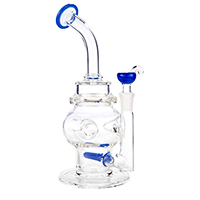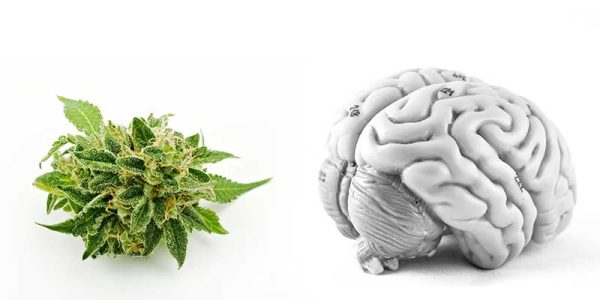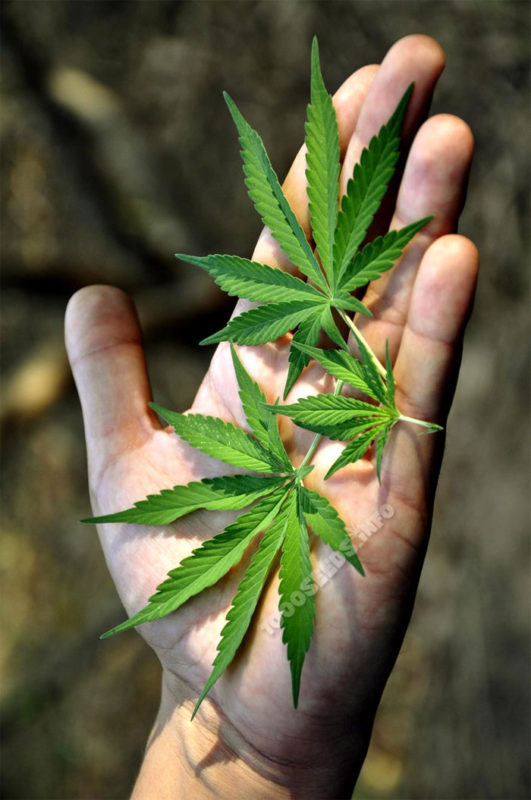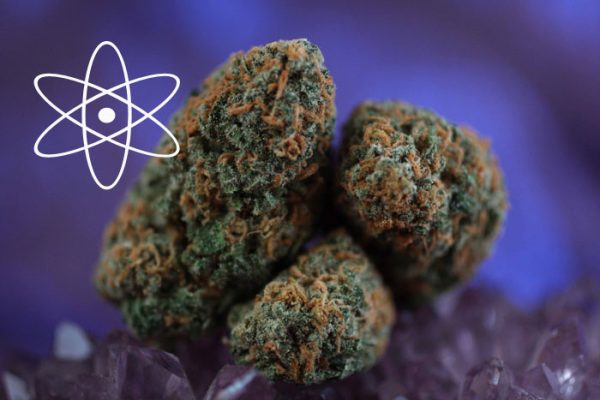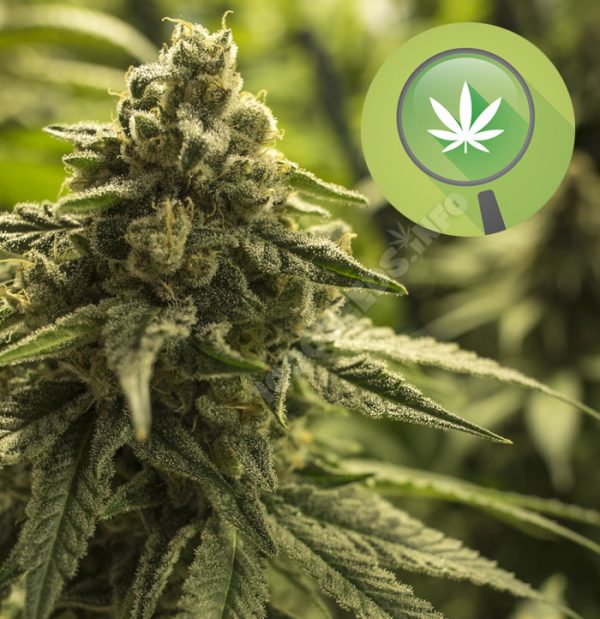From Neuroscience: How Cannabis Can Help Treat Anxiety Disorders and Stress
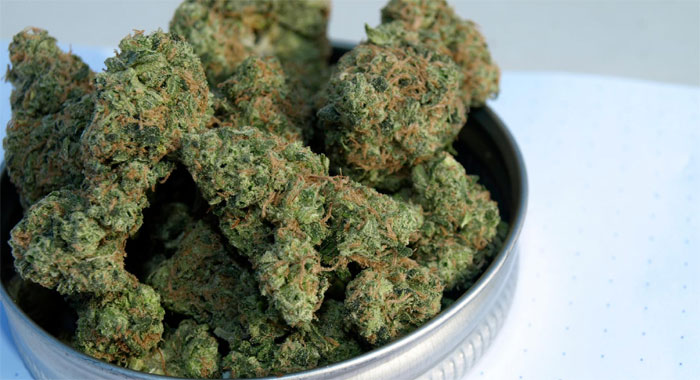
Cannabis is used by many people as a natural way to relieve stress and switch off in the evening. In fact, as we described in our other article on the topic, an Israeli study had Stress, cannabis and memory found that the endocannabinoid system represents a new approach to treating cognitive deficits found in many stress-related disorders.
Hoping to expand on these findings, a team of researchers from the University of Tennessee published a study in Translational Prychiatry. Their findings suggest that increased levels of endocannabinoids, particularly anandamide, are an effective treatment for stress-induced anxiety.
What is anandamide?

Anandamide is an endocannabinoid, which means that our body produces it itself and naturally. It works in the body in a similar way to tetrahydrocannabinol (THC) and also works on the CB1 and CB2 receptors. Previous research has already shown that anandamide plays a role in fighting human breast cancer and aggressive skin cancer, among other things. Accordingly, it is likely that CBD is also important here because it inhibits the production of fatty acid amide hydrolase (FAAH), an enzyme that breaks down anandamide.
Studies have already indicated that there seems to be a connection between CBD and social anxiety. Anandamides seem to be able to bring about a significant improvement in anxiety symptoms.
Increased anandamide helps treat tension-induced anxiety
In order to explore the relationship between anandamide and stress-induced anxiety, a Research team team from Vanderbilt University conducted a series of tests with mice. The mice were shocked to induce stress and then 24 hours later various behavioural tests were performed on them to see to what extent the "shock stimulus" leads to an anxious response. The results from 2 different tests showed that the mice did indeed exhibit anxiety.
In an attempt to counteract the effects of this anxiety, the researchers used an inhibitor of fatty acid amide hydrolase (FAAH). Their results suggested that the endocannabinoid was able to reverse tension-induced anxiety in mice.
Furthermore, it was interesting to note, as the Vanderbilt University research team reported, that shocked mice had reduced levels of anandamide in the brain 24 hours after the shock. This correlated negatively with the experience of fear (more anandamide = less fear). This led the researchers to conclude that, essentially, anandamide levels predict acute stress-induced anxiety.
Marijuana in the treatment of stress and anxiety disorders

The Vanderbilt research team states that their findings support the high utility of increasing anandamide as a therapeutic approach for affective stress and anxiety disorders. Considering that cannabidiol (CBD) can inhibit the breakdown of anandamide and tetrahydrocannabinol (THC) can mimic its effects, it is reasonable to assume that cannabis-based therapies can help counteract stress-induced anxiety disorders. More research will be needed to further explore the efficacy and mode of action.
A team of experts from the National Institutes of Health, University of Calgary and Rockefeller University, summarised current studies on cannabis and anxiety in November 2013. Trends in Pharmacological Sciences summarised the current studies on cannabis and anxiety. As it turned out, apart from the wide range of effects, the most commonly reported reason for using marijuana is anxiety and stress.
Cannabis and its derivatives, according to researchers, have a profound effect on a wide range of behavioural and neural functions: in nutrition and metabolism, pain and cognition. As epidemic studies prove, the most self-reported reason for using cannabis is its ability to reduce feelings of stress, anxiety and tension.
Studies with THC show that this cannabinoid is able to reduce anxiety in patients with anxiety disorders and, on the other hand, at too high doses it can produce the opposite effect in certain people. While marijuana has always been considered an effective stress reliever, recent research has focused on the neurobiological activities responsible for this effect. Scientists discovered the endocannabinoid system in the human brain.
At the same time, the authors of this publication were able to find evidence suggesting that anxiety disorders are caused by abnormalities in the biological system. The discovery of the endocannabinoid system allows endocannabinoids to eventually be recognised as modulators of anxiety and likely contribute to individual differences in temperament and risk for anxiety disorders.
In addition to a variety of other functions, the endocannabinoid system is now scientifically believed to have a regulating function in relation to anxiety and stress. Several more studies and investigations will be necessary to explore the connections, effects and possibilities in more detail.
<<medinizinsche Cannabis Sorten zur Angstbehandlung>>
Medical disclaimer
The information on this website is for general information purposes only and is not to be equated with medical or legal advice. We do not wish to encourage anyone to consume or use drugs illegally. Please consult your doctor/health care provider before using any products/methods referenced or linked to on this website.




